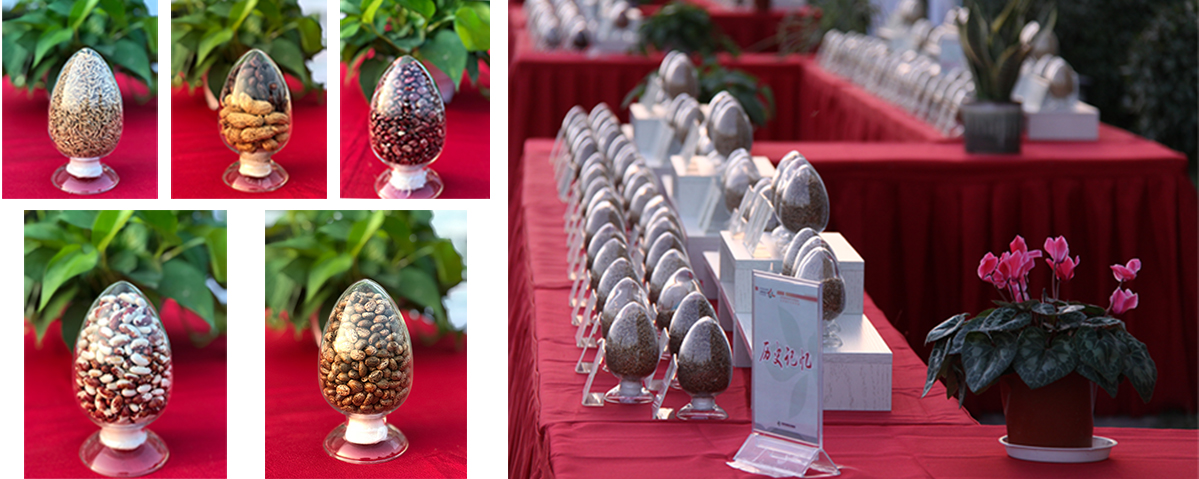
Founded in 1979, the Institute of Germplasm Resources and Biotechnology focuses on gene mining and germplasm resources research and currently comprises six research teams and a technology extension center. Our work encompasses crop germplasm collection and preservation, germplasm identification and evaluation, gene cloning, genetic mechanism analysis, and germplasm innovation and application.
The Institute is also home to Jiangsu Key Laboratory for Agro-Biology, DUS Testing Center for New Plant Varieties-Nanjing, National Crop Germplasm Resources Infrastructure-Jiangsu, and the Scientific Observing and Experimental Station for Crop Gene Resource and Germplasm Enhancement in Jiangsu.